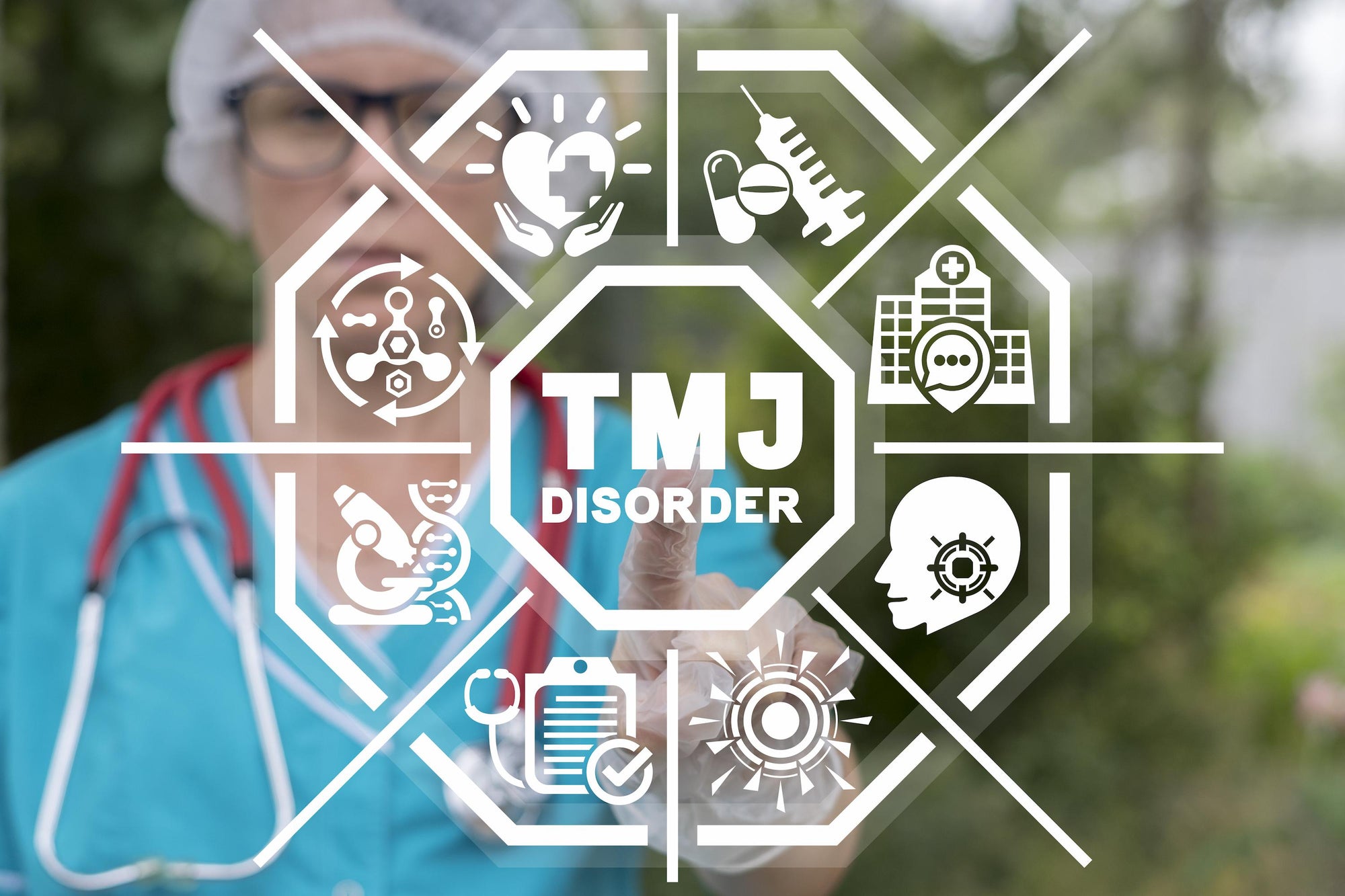

· By Trevor Horne
How Dentists Can Have Better Understanding About TMJ
One of the often misdiagnosed dental conditions is TMJ. Given that it is often a painful condition for the patient, this misdiagnosis often leads to unnecessary pain for the patients before the condition is identified and treated. One of the reasons for this misdiagnosis is that the condition often presents a variety of symptoms, most of which can be thought of as being caused by other problems. For example, pain in the jaw area and the face can often be diagnosed as sinus infections. Understanding the symptoms of this problem and how to treat it can help dental experts save many Americans from needless suffering.
In this article, we explore TMJ problems and how you can help your patients overcome the condition.
What Are TMJ Problems?
We are going to start by identifying what is the TM Joint. TMJ stands for Temporomandibular Joint or TMJ in short. This is the joint that connects the lower and the upper jaw. As you may guess, the joint is critical for any movement of the jaws when talking, eating, and so on. Due to a variety of reasons, some people develop infections on the TMJ or the joint slides out of place. When this happens, it leads to TMJ disorders. Some of the factors that lead to these problems include jaw injury, untreated infections in the jaw area, and so on. People with the habit of grinding their teeth together might also find themselves suffering from TMJ disorders.
Symptoms
One of the problems of diagnosing this condition is the fact that it presents varying symptoms. Experts believe that the symptoms presented are typically a factor of how serious the problem is. A common symptom of TMJ is pain and tenderness on the side of the face, which is where the TM joint is located. In severe conditions, the patient will have difficulty opening and closing their mouth. When there is jaw movement, patients may notice popping sounds around the area. In some cases, the mouth locks in place, meaning that the patient is unable to open or close their mouth.
If left untreated, TMJ will lead to damaged teeth, weak facial muscles that will cause the face to droop. If the TMJ condition is caused by an infection, then there is the risk that the infection will spread to other places. Worse of all, TMJ makes eating and talking difficult, thus affecting the quality of life of the patient.
Treatment
When it comes to treating TMJ, your approach will be guided by the severity of the problem. In serious cases, dental surgery may be needed to reset the joint back in place. In less severe cases, physiotherapy coupled with pain management can help the patient. If the TMJ is caused by constant grinding of the teeth, a mouthguard can help relieve the symptoms and protect the problem from advancing in severity. In some cases, the use of muscle relaxants such as Botox helps to relax the muscles around the area which in turn relieves the symptoms of the problem. ProNorth Medical Corporation supplies high-quality medical instruments and other resources at an affordable price. Get in touch with us today for more information. Do not forget to have a look at our product lineup in our online shop.- Choosing a selection results in a full page refresh.
- Press the space key then arrow keys to make a selection.
Your cart -
Your cart is currently empty.
